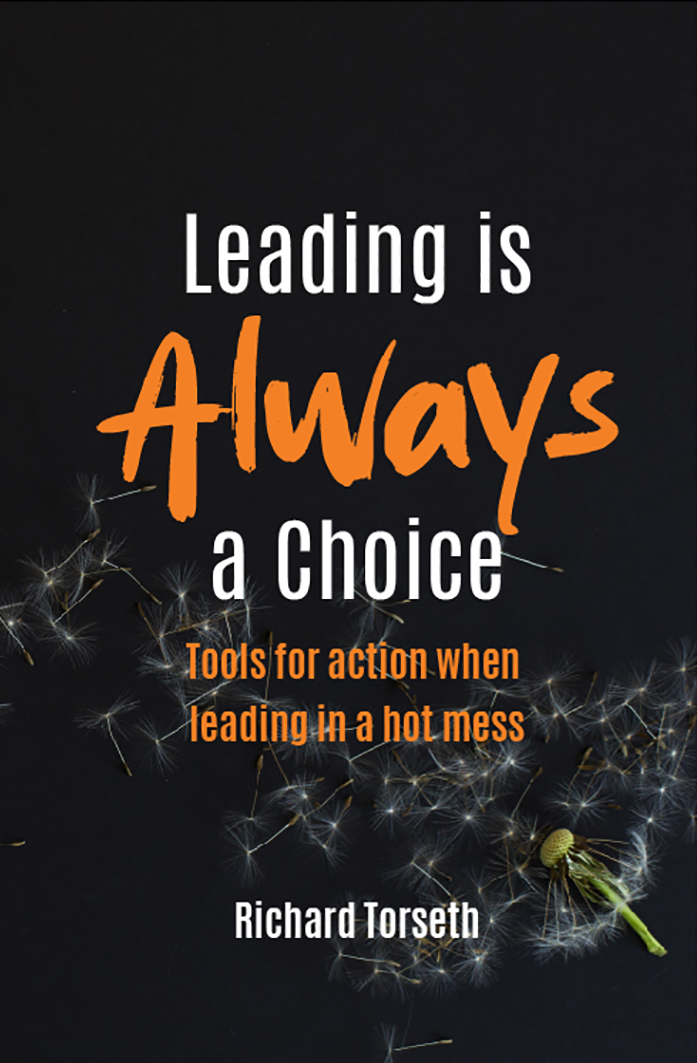I was raised Catholic.
I went to Catholic school for seven years.
I was an altar boy in two churches.
I went to mass six days a week.
I was educated by nuns for the better part of those seven years. I was whacked by a few of them too.
The only language I ever really learned other than English, was the Latin I memorized to serve mass.
For a kid, a tour of duty like that could leave a mark and “weld-in-place” a few tales that begin as myths and eventually turn into “facts and truths”, which narrate the design of the future.
This lede is not intended to blame my Catholic education for my deficiencies. I had some great times living in that world. It was a mess at other times but I also had messy experiences in all aspects of my life as a kid.
It also means that I have used those experiences to construct stories about my past that inform and influence the future I want to create. Said another way, I keep dragging my past into the present and think I can build a different future when in reality, all I create is an updated version of my past.
Nothing new is made.
Werner Erhard, the American author, has put forward this premise for years. He says “It is the future that one lives into that shapes one’s being and actions in the present. And, the reason that it appears that it is the past that shapes one’s being and action in the present is that for most people the past lives in (shapes) their view of the future.”
Erhard could have said it simpler: “wash, rinse, repeat.”
Werner also said: “Everything begins as a conversation. All acts of creation start as a conversation.” It could be you having a conversation with another person, or you could be in a conversation with yourself. Conversations are linguistic. Leading is a linguistic process. Often, a leader’s only move is using acts of speaking to mobilize other people.
If Erhard is accurate, and I believe he is, here is where it gets choppy for me, perhaps for you and for anyone who is choosing to lead. If I am not complete with my past, if I have not changed the relationship I have with my past, I have little chance to create a new future in conversation. I’m just iterating off of past versions.
That could be fine, but, as leaders, let’s not confuse that with designing a new future.
So what will it take to be complete with one’s past? It begins with a consistent, daily self-reflection practice. Simpler said than done.
Some questions that will help a leader get some closure on old stories:
- What assumptions am I making, which I’m not aware I’m making that give me what I see?
- What is the price I pay for holding on to my stories?
- How valuable do I plan for this new effort to be?
- What are the crossroads I face at this stage of the game?
- What is the story I tell myself about the challenge I face?
- What is the gift I currently hold in exile?
- What is the leadership talent/gift that I do not fully acknowledge?
- Source: Peter Block, Community
The leadership development work here is to be complete with the past so it is no longer part of the future, and then stand in the present and design a possible future that orients one’s being and actions in the present towards that future.
This is not an easy practice but we do choose the context for how we speak to ourselves and others. We choose our words, our sentences, and our linguistic speech acts. By choosing a context that suits the present moment and not our past, we can change the world. Plus, as an added bonus, we can do all this without deep inner work.
To those baptized and raised Catholic and who had to learn Latin (Google translate for the rest), I say:
Exeatis et duc bene.





Comments are closed.